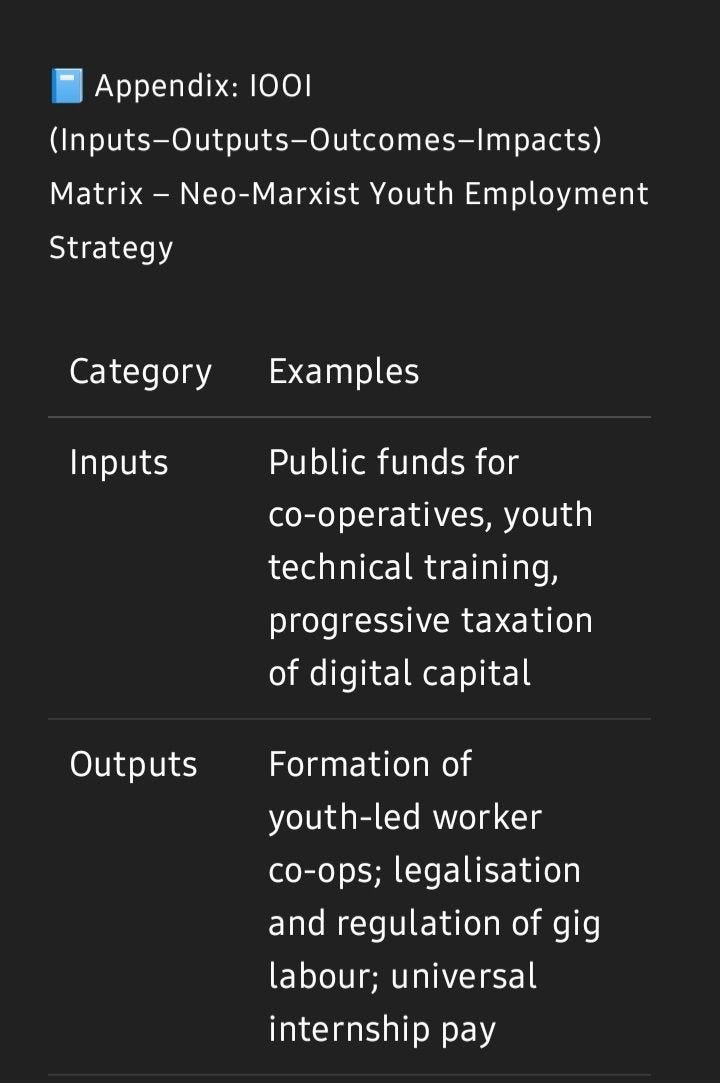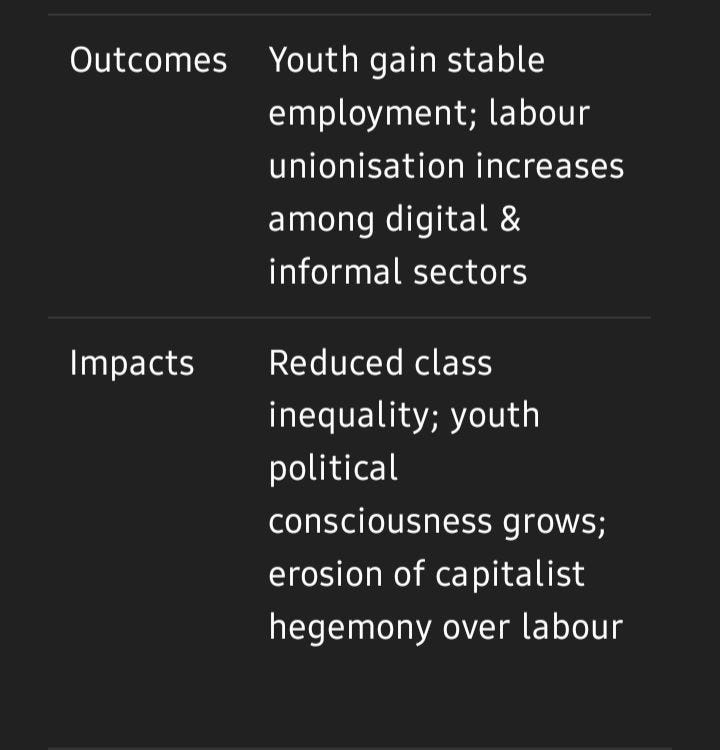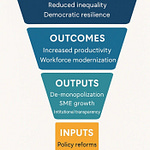A uniquely Malaysian layer of analysis includes ethnocapitalism — the use of race-based capital ownership and political patronage to enrich elite classes while excluding the youth, especially from working-class and rural communities. Economic opportunities, GLC internships, and access to capital remain gatekept by state-corporate networks, reinforcing not only class stratification but also ethnic divisions.
Rather than fostering a sense of common class struggle, the political economy of Malaysia segments youth along racial and regional lines, diffusing collective responses and redirecting discontent into cultural resentment or migration.
Not surprisingly at a time when as of 2025, over 9.8% of Malaysians aged 15–24 are jobless, more than triple the national unemployment average. This is not a temporary aberration but a persistent structural feature of Malaysia’s capitalist development.
From a neo-Marxist perspective, this crisis is best understood not through individual blame or policy tinkering, but through a critique of how capitalism reproduces inequality, alienates youth, and disciplines the working class via underemployment and systemic precarity.
The way forward with an Input-Output-Outcomes-Impact consideration:
A fuller exploration of this blog is accessible HERE.













